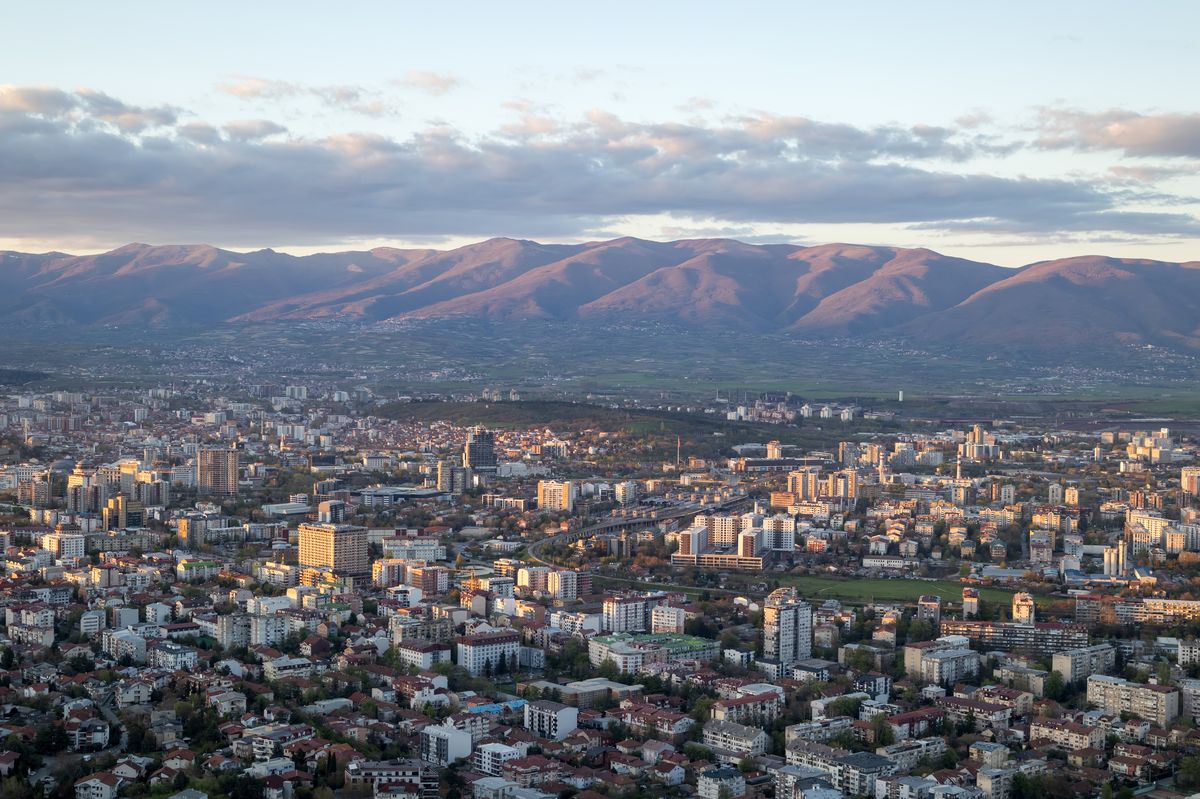The travel expert has championed the budget-friendly Portuguese coastal town as one of his top getaway picks
Travel guru Simon Calder has hailed Cascais, nestled close to Lisbon in Portugal, as one of his favourite holiday destinations. This wallet-friendly resort is especially attractive during chillier periods, with direct flights available from UK airports to nearby Lisbon, while enjoying mild average highs of 15°C in January, reports the Express.
The picturesque town’s manageable size makes it perfect for pensioners seeking a destination that’s easy to explore by foot.
Travel blogger and photographer Caroline wrote on her site Packthesuitcases that Cascais “is a nice walkable size, you don’t need to worry about taxis and buses unless you’re venturing further afield to things like Cabo da Roca – everything in the town itself is easily reached on foot”.
Caroline emphasised that getting to Cascais from Lisbon by train is hassle-free.
“The train takes about 40 minutes from Cais do Sodré, and it’s an enjoyable journey along the coast,” she explained.
On his travel podcast, Simon Calder praised the beautiful resort as one of his “favourite Portuguese locations”.
“Cascais is the port planted elegantly on the shoreline west of the capital, Lisbon, on what’s known as the Portuguese Riviera.
“It was settled in turn by Romans, Visigoths and Moors, and today the centre of Cascais is an intriguing combination of sun-worn houses, cafés, shops and smart hotels.”
The travel expert also highlighted that “excellent beaches within easy reach of Cascais” make it an attractive proposition.
One delighted holidaymaker shared their experience on TripAdvisor, describing the Portuguese town as “a little slice of heaven”.
They gushed: “Cascais is amazing, beautiful coastline, stunning, immaculate beaches and a really charming town. The people are lovely, and the food is out of this world!”
Simon also recommended Cassis in the south of France as another walkable gem, perfect for those seeking a winter escape.





